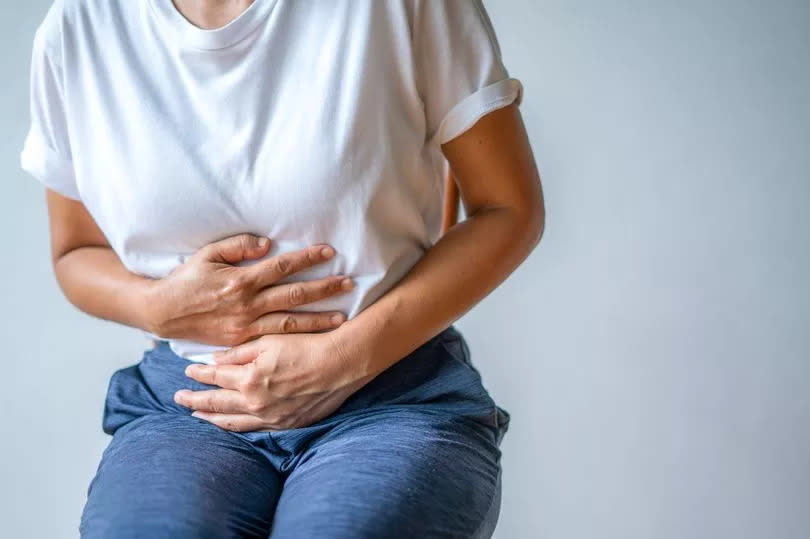Doctor shares four warning signs 'period blood' isn't part of natural menstruation

It's all too common to brush off the odd bit of spotting as nothing serious.
However, a medic is sounding the alarm on this and three other vaginal warning signs that something's amiss. Dr Suraj Kukadia, also known as Dr Sooj, is urging those who experience such symptoms to seek medical advice promptly.
"Do you know what abnormal vaginal bleeding means?", the NHS medic asked, taking to TikTok (@doctorsooj). "There are red flags and it means you need to go and get checked out by a doctor.
"...Let's make sure that we're not missing something because generally the earlier that we catch these things, the better the outcome."
Dr Sooj highlighted bleeding after menopause as a major concern, whether it's spotting or a bloody discharge.
Even if it occurs just once, you're not certain it's blood, or the colour isn't the 'typical' red but brown or pink instead, it's still a troubling indicator. Postmenopausal bleeding can signal serious conditions like ovarian and womb cancers, but it might also be due to atrophic vaginitis, which inflames the vaginal lining.
This condition can lead to extreme discomfort and itchiness, making timely and correct treatment vital. Dr Sooj added: "The second is bleeding in between your periods. We call this intermenstrual bleeding and that means any bleeding outside of your normal cycle. The third is any bleeding that is much more painful or much heavier than normal for you."
Crucially, hormonal contraceptives like the combined pill or contraceptive patch can cause irregular bleeding. However, if you experience bleeding between periods for more than a few months, it could be a sign of chlamydia, fibroids or even cancer.
In addition, unusually heavy periods could indicate various womb-related conditions such as endometriosis. The NHS explains this as 'the tissue similar to the lining of the womb grows in other places, such as the ovaries and fallopian tubes'.
Typical symptoms include lower stomach or back pain that intensifies during your period and may hinder your daily activities. Pain during sex and diarrhoea during your period could also be part of this condition.
Dr Sooj continued: "The fourth is bleeding after sex and the fifth is any kind of bloodstained discharge when you aren't expecting it.
"Everyone's periods are different, but it's important to get these things checked out because abnormal vaginal bleeding can be a sign of multiple different types of cancer, including womb or endometrial cancer, cervical cancer, vaginal cancer and even in some cases, ovarian cancers... Chances are, it's probably not cancer, but we need you to just get checked out."
If you notice unusual bleeding patterns between your periods or after menopause, the NHS advises visiting a GP or sexual health clinic.
For more information, visit the NHS website.
Have you got a story to share? Get in touch, at lauren.haughey@reachplc.com

 Yahoo News
Yahoo News 
